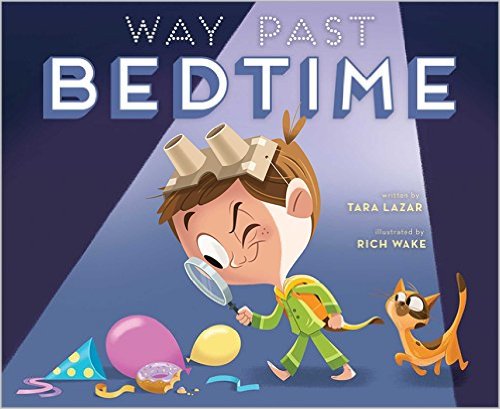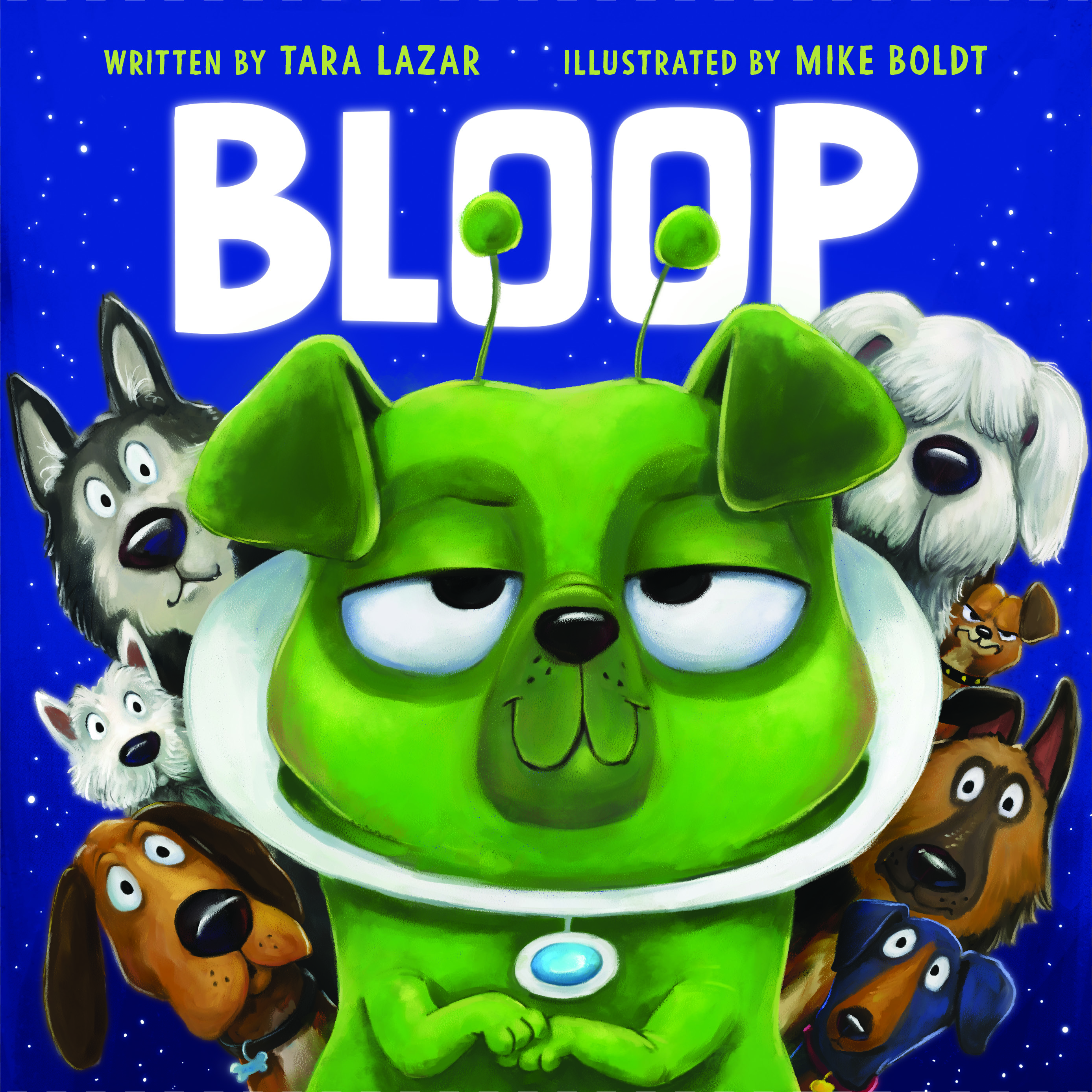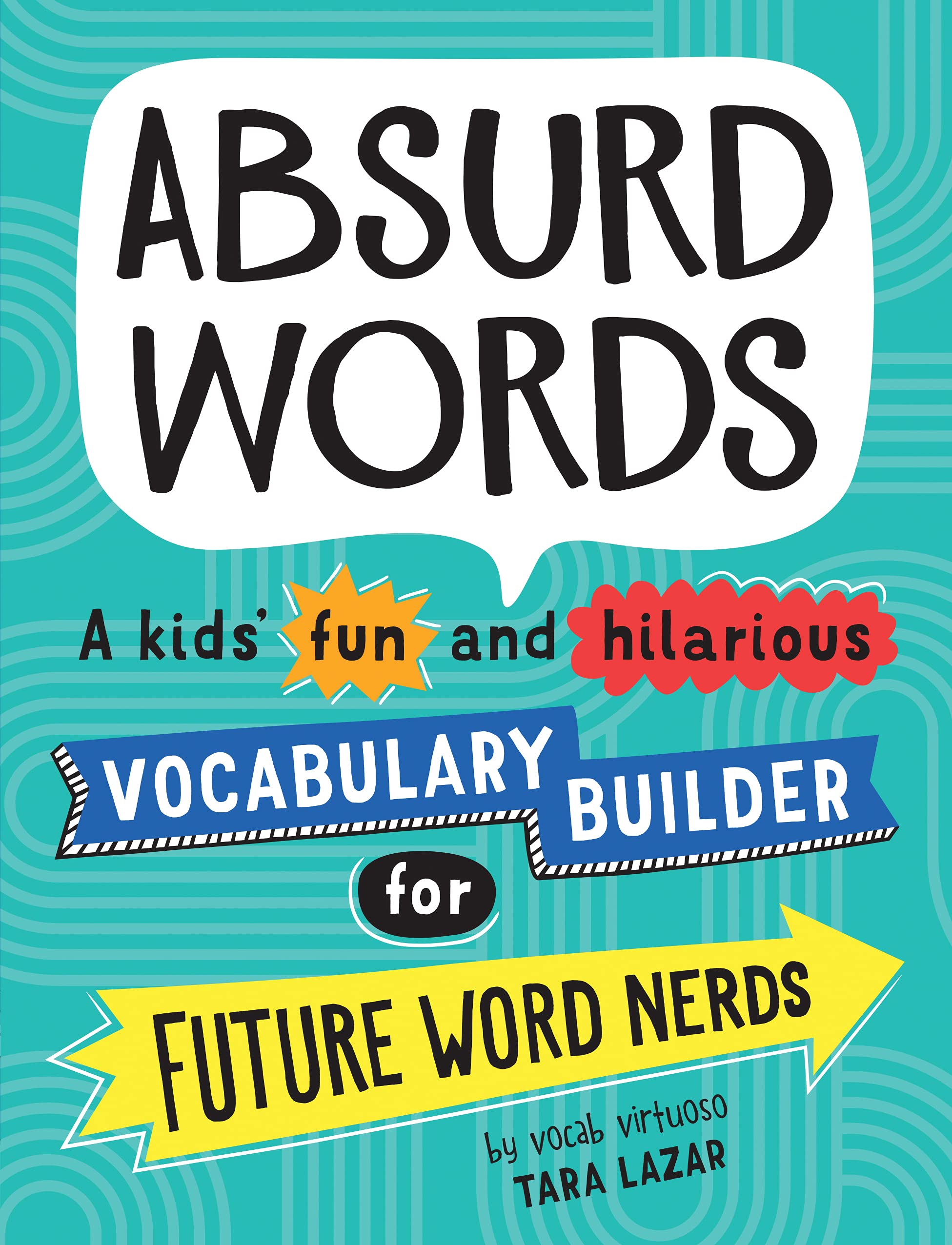Today literary agents Lauren E. MacLeod and Colleen Lindsay hosted “QueryFail” on Twitter. Several agents and editors joined in by sharing the worst query lines from their slush piles.
The intention wasn’t to mock writers, but to educate them. “I know writing and querying are hard,” wrote Ms. MacLeod. “So my queryfails have been chosen from people who did not follow submission guidelines.”
Originally I had reposted many of the QueryFail examples here. But after hearing from several writers who were upset by the event, I have removed the specific entries. Instead, I’ll focus on what I learned by following QueryFail.
I apologize to those writers who felt disrespected. My intention in reposting was to share what I thought was good information. I still think it’s good information. But if you know me personally, you know I’m an empathetic soul and I don’t wish to cause another writer distress. Frankly, we’re distressed enough.
So onto what I learned, sans examples…
1. Failure to follow directions is an automatic rejection.
Agents receive hundreds of queries a week. Their submission guidelines help them work efficiently. If you don’t follow those guidelines, it takes more time to read and respond to your query. The easiest solution is therefore not to bother.
2. Don’t include anything in your query other than what is requested. (Typically a one-page letter and first page(s) writing sample.)
What sells a book? The writing. The same goes true for your query. The writing sample’s the thing. Don’t include food, photos, scented paper, stickers, alcohol or anything else. This distracts from your writing, the one thing that will win the agent’s attention.
3. An agent makes a living by selling books. If you don’t have a book available to sell, you shouldn’t be querying.
Do not query until your book is finished, polished and ready for sale. Agents do not write for you, so don’t send ideas you want them to complete. Don’t contact an agent if you have something already published but nothing new to sell.
4. Only include relevant, professional publishing credentials in your query.
If you are writing a middle grade novel, your articles for a food packaging trade magazine aren’t relevant. Neither is adult fiction, unfortunately. And if you don’t have any credentials, don’t apologize. Simply list your membership in a writer’s organization, like SCBWI. Remember, your writing is what matters. Experience is good, but not a requirement.
5. Submit a novel with a unique idea, not a bizarre one.
You may write well, but is your book marketable? Remember, an agent’s job is to sell books.
6. Don’t toot your own horn.
Confidence is an attractive quality. Arrogance is not. Know the difference.
7. Remember correct punctuation and grammar.
If your one-page query contains mistakes, the agent can assume that your manuscript is flawed, too.
8. Use the correct salutation.
Call the agent by their name. They want to know that you know who they are! If they are agent #47 in an email blast, they know you haven’t done your research. Don’t call a female agent “sir.” And don’t address your query “to whom it may concern.”
After all those fails you may be wondering, what is a Query Win?
- First sentence hook
- Wordcount/genre
- One- or two-paragraph blurb
- Relevant writing credits/background
- Polite closing
- Solid writing sample
If you want to read more, search TweetGrid.com for #queryfail.
One last tip from Query Fail: “If you must scream about your rejection, do so into a pillow, not on your blog.”















29 comments
Comments feed for this article
March 5, 2009 at 10:24 pm
Kelly Fineman
I didn’t want to spend the time reading queryfail today because I was writing-writing-writing, but this was a tremendously helpful summary. Thanks, Tara!
March 5, 2009 at 10:41 pm
Jill Corcoran
Great summation. Thanks!
March 5, 2009 at 10:49 pm
Shari
Queryfail was so addictive! I had to pull myself away from it so I could get some work done, LOL. I enjoyed your great summary post, Tara. Thanks!
March 5, 2009 at 10:50 pm
Bridget B.
Thank you so much for putting this summary together!
March 6, 2009 at 12:00 am
Katherine Battersby
Like the other commenters, you saved me from having to trawl through all the twitterings, so thanks! I feel for agents – they certainly get some crazies writing to them 🙂 Lets hope it just makes the rest of our queries look more appealing!
March 6, 2009 at 1:14 am
All Hail Query Fail « First Person Irregular
[…] A brief set o’ samples, courtesy of Tara Lazar (whose blog post has a more extensive list) […]
March 6, 2009 at 1:26 am
Sherrie
Well, I’m happy to say that my queries look brilliant next to these examples. Yay! Thanks for the great summary!
March 6, 2009 at 3:07 am
Nixy Valentine
Like Sherrie, the most comforting thing about #queryfail is that it makes me feel like I’m dealing with less competition because of the nutjobs who seem to query regularly.
I don’t envy agents having to trawl through that stuff. Well, sometimes I do. I love reading mss!
March 6, 2009 at 3:12 am
How NOT to be targeted by the evil #queryfail « Chico Writer’s Group
[…] Tara Lazar did a summation, too, that’s worth perusing and can be found here: http://taralazar.blogspot.com […]
March 6, 2009 at 3:27 am
Marsha
Very helpful! Thank you for the compilation.
March 6, 2009 at 5:37 am
Michael John
If I was tempted to write anything like the examples given then please take me outside and shoot me.
March 6, 2009 at 8:27 am
Tee
Nice compilation! Thanks…
March 6, 2009 at 1:45 pm
Corey Rosen Schwartz
Ha! Thanks for sharing 🙂
March 6, 2009 at 1:48 pm
kathytemean
Tara,
Didn’t even check your blog, before I posted on mine. Though I think it’s okay, because you have a lot more examples. Good job.
Kathy
March 6, 2009 at 2:34 pm
Joanne Flynn Black
I love this one…..”Before you respond to my query, please send a test email for my spam filter.”
March 6, 2009 at 2:52 pm
Shawna
I checked in from time to time. It was… informative, often shocking and ironically, encouraging.
Thanks for putting it all together. I didn’t realize I’d missed so many!
March 6, 2009 at 5:50 pm
Amy Green
hahahahahaha. awesome.
”I heard you were a good agent and i need someone to represent me and my book about a girl who wants to become a florist in colonial england can you please send over your resume? thanks in advance”
March 6, 2009 at 7:29 pm
Masonian
Oh, I wet myself reading these. My writerly friends and I have been querying recently (two of us just finished new novels) and thankfully we didn’t commit any of these faux pas. (I think i did mention that i channeled my book through mystical spectral panthers… but, one can’t always win)
I almost wish that agents would anonymously post facsimilies of these TerrorQueries online (slightly redacted, of course).
*Sigh, i’ll have to re-read this blog again for some more laughs…
March 6, 2009 at 7:43 pm
Top Posts « WordPress.com
[…] Query Fail: How Not to Land an Agent Today literary agents Lauren E. MacLeod and Colleen Lindsay hosted “QueryFail” on Twitter. Several agents an […] […]
March 6, 2009 at 8:06 pm
Melody
This is an awesome list of how first impressions count a long way. I’m passing this along to a professor that I know that teaches creative writing. He’ll love this! Thanks.
March 6, 2009 at 10:20 pm
Kelly
Excellent, informative summary! Thanks, Tara!
March 9, 2009 at 12:27 pm
Janet
I don’t understand the protesters. There were no names attached to these absurd queries. For novices especially, this could be an invaluable guide in what not to do. Of course, anybody savvy enough to be reading what agents say probably knows better already.
March 9, 2009 at 2:48 pm
tara
It’s sad people wrongly claimed that names were attached to the queries. A lot of people got upset very quickly without checking out the truth for themselves. I received a few angry comments (thank goodness my comments are moderated), so I made the decision to remove the actual lines from my blog. You can still search #queryfail on Twitter to find them all, though.
Honestly, some queries were so downright bizarre, I doubt those writers could be helped by the wisdom of #queryfail. Someone said they channeled their manuscript through an angel and yet someone else claimed to have been abducted by aliens and taken back in time.
There was a great deal of arrogance, too. I was amazed at some of the brazen queries–they warned the agents who passed that they were making a big mistake.
I belong to a critique group because I want to hear the truth about my manuscripts. If I wanted only a pat on the back and someone to tell me it’s wonderful, I’d ship my manuscripts off to Nana. Queryfail sought to do the same thing that our critique partners do: point out our writing flaws, show us where to improve. As a writer, you want your work out in the world, to be enjoyed by readers. If you’re afraid of putting your query through scrutiny, then what hope do you have to survive the real critics–the book-buying public? They are far more unforgiving.
March 9, 2009 at 9:52 pm
The Writing Runner
#queryfail was a great, great idea. Lots of good (and bad) things you can learn by reading all of them! 🙂
— TWR
March 9, 2009 at 10:01 pm
Tips on How Not to Land an Agent « The Writing Runner
[…] Query Fail: How Not to Land an Agent […]
March 10, 2009 at 5:48 am
Kate Lord Brown
Thank you – this was a great round up! I’ll put a link up this week if that’s ok. As an editor once said to me about submissions – watch out for the ones written in green biro and tied with ribbons …
April 8, 2009 at 10:46 am
Chris Solaas
Tara,
Thanks for this summary post. I created a Twitter account just to examine the whole #queryfail phenomenon for some useful tidbits, assuming there WERE some amongst the negativity and abuse.
And here, you’d already done the work for me! Very useful post; the info here is not really rocket-science. It’s common sense.
…and on your latest comment, I agree that it’s better to get your work critiqued honestly and fairly than to just get a ‘thumbs-up’ from friends and family.
Oh, and BTW, the first person (besides my kids and wife) who read my story, WAS ‘Nana’ – My mom wanted a printed copy of my ms. 🙂
April 16, 2009 at 11:40 am
Suzette Saxton
Hi Tara, Great post! I’ll be linking to it on the QueryTracker Blog tomorrow. 🙂
April 23, 2009 at 9:20 pm
Scotti Cohn
I’ll have to plead guilty for mentioning my published nonfiction adult books and published picture book in a query letter for a YA fantasy novel. Someone, somewhere suggested that mentioning your published books was a way to let the agent or editor know that you are a professional writer, familiar with how things are done in publishing, how to market a book, and so forth — which could be beneficial.
I don’t quite understand why experience as a published author in a different genre would be seen as completely irrelevant.